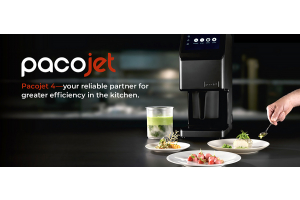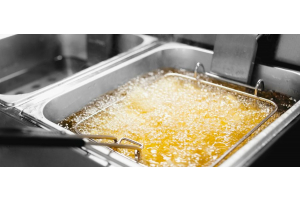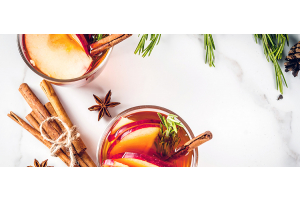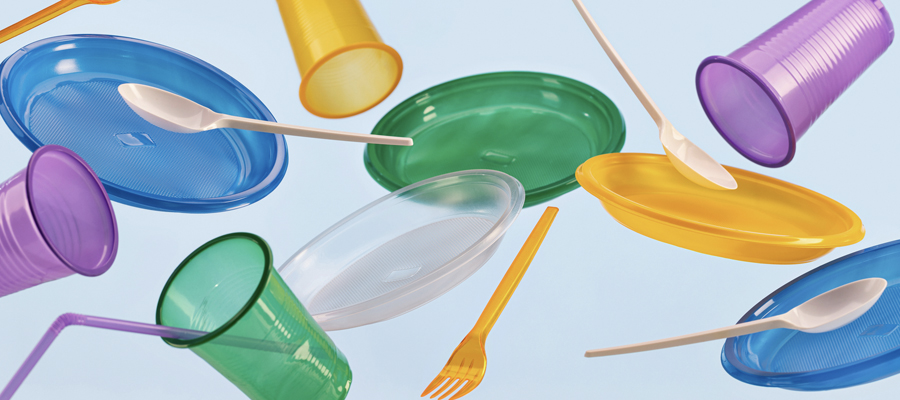
Is your business ready for the plastic ban/phase-out?
Last year, the New Zealand government took a significant step toward a greener future by implementing a ban on a wide range of single-use plastics and hard-to-recycle items and outlined their plans for the future of plastic in the coming years, with the goal of phasing out additional plastics by mid-2025.
As the second phase of the ban approaches on July 1st, 2023, a wider range of products will be affected. This includes plastic bags, plastic plates, bowls, cutlery, plastic straws (except for disabled individuals and medical use), and plastic product labels.
To help businesses adapt, the Ministry for the Environment has suggested alternatives such as reusable tableware, as well as paper, cardboard, or bamboo alternatives. These options can be used instead of banned plastic products. For more detailed information on the bans, you can find additional materials on the Ministry for the Environment website.
Here is the list of the items to be banned or restricted from 1 July 2023.
Single-use plastic drinking straws.
The sale of single use drinking straws that contain any type of plastic (compostable or biodegradable plastic included) will be banned from 1 July 2023. Single-use straws will be only available to disabled people and those with health conditions. Hospitality, medical, and some other businesses will be able to have access to purchase/sell so they are able to provide them to the specific group of people as and when required.

What is not included in the list:
-
Reusable plastic straws such as silicone straws
-
Until 1 January 2026, single-use plastic drinking straws that are attached to a beverage box by a machine (juice or milk boxes) or are otherwise an integral part of the packaging are exempt from the regulations.
Alternatives to use.
There are several alternatives to single-use straws that you can consider using:
Single-use plastic tableware and cutlery.
Any type of tableware and cutlery that is made of plastic, regardless of whether it is recyclable, composed, or biodegradable, and intended for one-time or limited use, before being discarded.
Tableware that falls under the ban includes disposable plastic bowls, plates, and platters and cutlery includes disposable forks, spoons, teaspoons, knives, and chopsticks. This also includes cutlery which is an integral part of the packaging of food products, such as cutlery that is sold along with single-serve ice cream or salad packs.

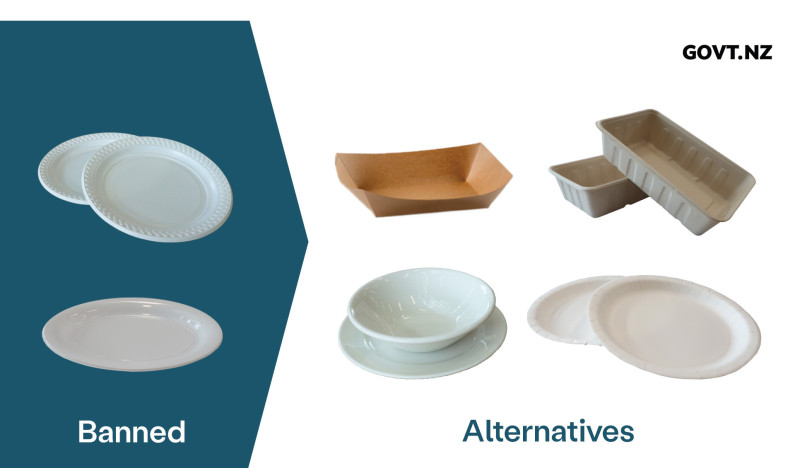
What is not included in the list:
This ban does not include plastic containers, including plastic blows or plates that are part of a container with a lid. (Note: polystyrene bowls and containers with lids (plastic type 6) have already been banned since October 2022).
Additionally, plastic items not used for eating or food preparations, infant formulas, or washing powder, are not included in the ban. Tableware made of other materials, such as bamboo, paper, or sugarcane pulp, that have a plastic lining are exempt. Furthermore, single-use plastic cups, except for those made from expanded polystyrene have been banned science October 2022.
Alternatives to use.
You have a variety of options to replace single-use plastic tableware and cutlery such as:
- Reusable tableware or cutlery from materials like ceramic, stainless steel, or melamine plastics.
- Paper or bamboo tableware or cutlery, preferably without intentionally added Perfluoroalkyl and Polyfluoroalkyl Substances.
You can choose from a variety of options, such as:
- Green2b: This range offers sustainable and biodegradable tableware options.
- BioPak: This range provides environmentally friendly and sustainable tableware options.
- Melamine Tableware: This range offers durable and reusable tableware made from melamine plastics.
- Stainless steel cutlery: This option provides a selection of cutlery made from stainless steel, which is known for its durability and reusability.
Single-use plastic produce bags:
Single-use plastic produce bags are unsealed plastic bags provided by the store or retailer to pack the fresh fruits and vegetables at a place of purchase, this includes single-use product bags made of.
- Recyclable plastics
- Biodegradable plastics
- Plant-based or compostable plastics.
The ban however does not include a plastic bag that is, or forms, an integral part of, the packaging. Examples include pre-packaged mesclun lettuce, a sealed bag of apples, a sealed bag of potatoes or sugar snap peas, leafy greens and herbs in a plastic sleeve, or bagged lettuce.
Alternatives to use:
While the use of single-use plastic produce bags will be prohibited, there are alternative options available:
- It is recommended to minimize the use of bags by reusing cardboard boxes, for instance.
- Consider using lightweight reusable bags made of materials like fabric or mesh.
- Customers should be actively encouraged to bring their own lightweight reusable bags as well.
- If a disposable bag is still necessary, consider sustainably sourced or recycled paper bags.
To further reduce the amount of plastic waste, the list of single-use plastic items that will be prohibited is expanding. Starting in mid-2025, PVC plastic food and beverage packaging as well as polystyrene food and beverage packaging will be gradually phased out.
How to tell if a plastic item is single-use.


